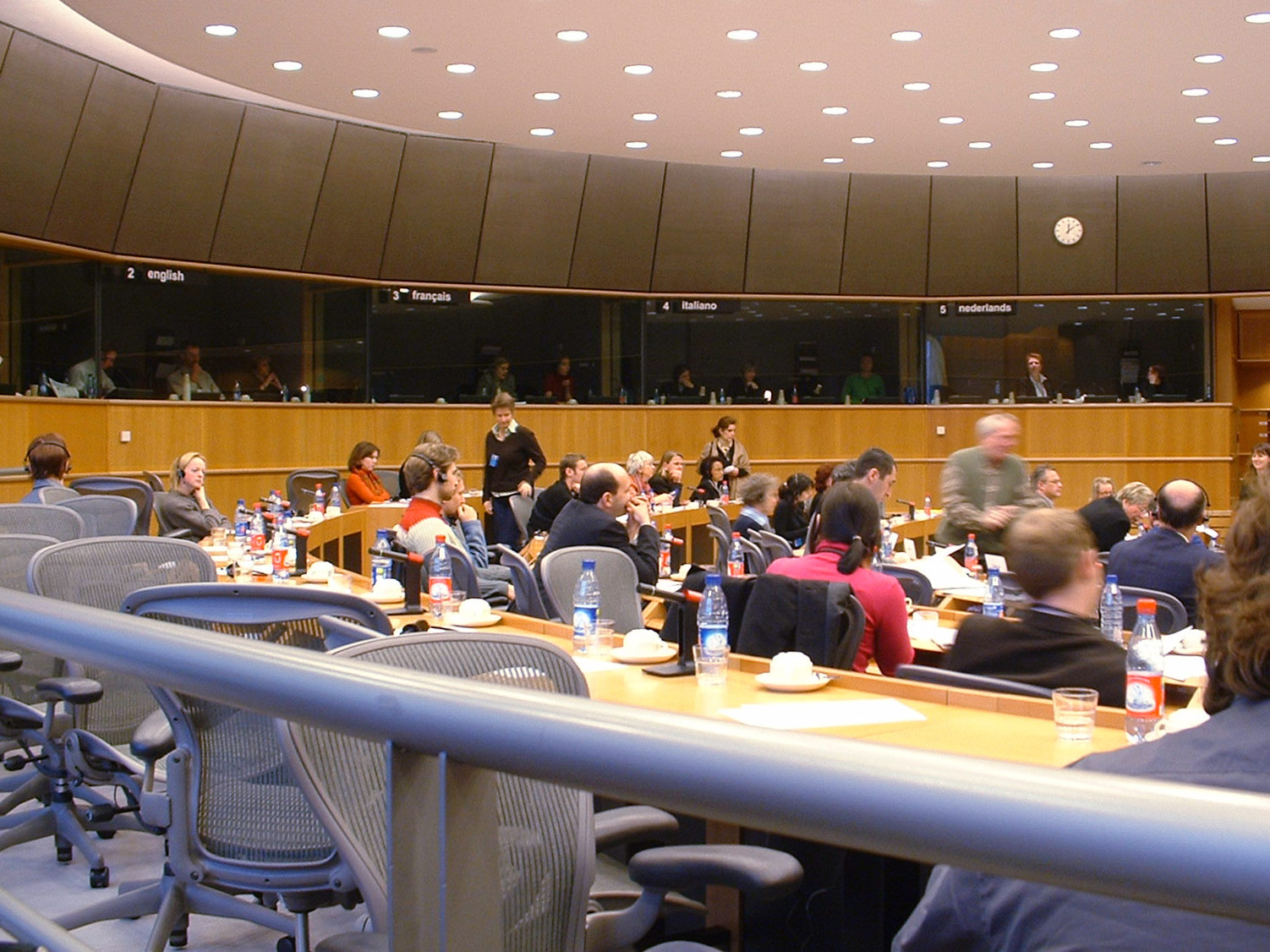 |
| European Parliament. Source: Björn Laczay |
That’s the contention of a new paper by David S Evans, a lecturer in law at the University of Chicago and chairman of Global Economics Group, a legal advisory firm.
The EC made the proposal to cap interchange fees at 0.2 per cent for debit cards and 0.3 per cent for credit cards in 2013 and the last European parliament passed legislation for a cap in April this year, claiming that the cap would benefit consumers. ‘Consumers will benefit in two main ways: we will impose a cap on these interchange fees, so they will save hundreds of millions or even billions of euros; and we will introduce more transparency, so they know when paying how much corresponds to these fees,’ said Spanish MEP Pablo Zalba Bidegain at the time.
In a new working paper*, Evans examines the implications of the cap for the different types of card networks in Europe, specifically for Visa and Mastercard on one side and everyone else on the rest. Whereas Visa and Mastercard are ‘four-party schemes’, involving the consumer and the merchant plus a different bank on each side, smaller four-party ones plus the ‘three-party’ variety, which are integrated – signing up both customers and merchants directly in the manner of American Express or Diners Club – and therefore charge no interchange fees.
Evans believes that the effect of reducing fees consumers’ banks can receive from merchants’ banks will lead to fees for the consumer increasing ‘by far more than consumers may ever see back in lower prices from merchants’.
Any new card network currently has to balance its attractiveness to both consumers and merchants by setting its fees at the right level, but the cap as envisaged by the EC and European Parliament is so low that it would likely act as an amount which every network sticks to, meaning that the ability to compete on the fee level and also the investments and services that could potentially be achieved with a higher interchange would be stripped away. Meanwhile, the scope for competition between the current duopoly would be narrowed rather than widened with the cap.
For smaller three-party schemes, the legislation suggests that they may be forced to make their card brand available to all banks across the EU if they enter a partnership with any one bank, which Evans believes will act as a deterrent.
There are other restrictions on three-party schemes which are likely to add to disadvantages they face compared to Visa and Mastercard. Merchants in three-party schemes will be prohibited from levying a surcharge on consumers which use four-party schemes but not the other way round. This is intended to protect the ubiquity of Visa and Mastercard acceptance but has the effect of protecting them from external competition. ‘The proposed legislation will taint the smaller three-party systems, which have been the main source of new competition in many countries, with a badge of inferiority and will create a two-tier structure of card products in which the three-party cards are inherently open to, and most likely to be subject to, unfavourable treatment,’ Evans believes.
Evans makes the point that previous steps forward in competition in this market have come after earlier decisions by the EC which forced changes by Visa and Mastercard. American Express started to grow after Visa was prevented from prohibiting its member banks from issuing competing cards. The European Court also recently ruled against Mastercard on the related issue of cross-border interchange fees.
However, in recent times the goal of lower interchange fees has harmed progress. Evans points to the Monnet Project, which was conceived as a pan-European alternative to Visa and Mastercard and which had the backing of 24 European banks, but which sunk without a trace. ‘Any next step is impossible without a clear long lasting business model on interchange in Europe,’ said its chairman, Georges Pauget, in 2011, before the project eventually disbanded the following year.
It’s worth noting that Visa itself, plus bodies such as the UK Cards Association, have pointed to problems with the current proposals. The latter stated: ‘the effects of these proposals are likely to mean a card payments system which, in the future, looks and feels very different, with potentially less to invest in fraud prevention, innovation and competitive offers to consumers.’
Visa, however, is not protesting too hard. It wants the caps to be based on a yearly weighted average, a three year transition period, and commercial cards to be exempt among other relatively small quibbles. It wants to make sure that three-party schemes remain within the scope of the new proposals: ‘a level playing field would not be guaranteed if they would be able to exploit opportunities arising from being outside the scope of the regulation,’ it claims.
‘For European consumers the proposed payments legislation will lead to a hefty price tag, diminished choice, and depressed innovation,’ Evans concludes. As the arbiter of the common market, the EC can act as a powerful champion of consumer interests, but capping of interchange fees, which sounds promising at first impression, may not be the easy win it is made out to be.
*The paper is titled How the proposed payments legislation will restrain competition among payment card schemes and harm consumers in the European Union.
Follow me on twitter.

No comments:
Post a Comment